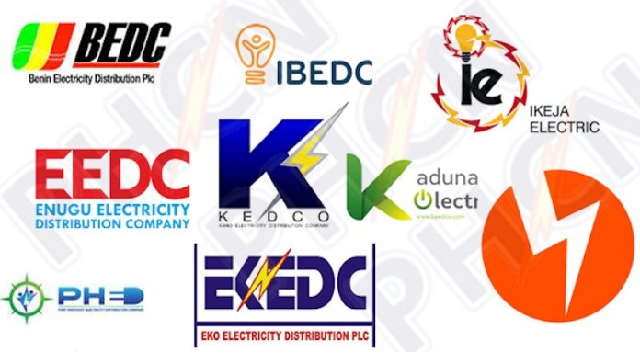In a bid to address inefficiencies within Nigeria’s power sector, the Federal Government has embarked on the unbundling of power distribution companies (Discos), aiming to enhance their operational effectiveness. This development was announced on Monday, signaling a strategic move to streamline the management of these entities along state lines.
The decision comes amidst a backdrop of challenges facing the power sector, with concerns raised about the performance of Discos since their privatization over a decade ago. Notably, inefficiencies and the inability of some Discos to meet financial obligations have prompted the government to explore restructuring options.
Furthermore, the Federal Government has directed the sale of four Discos currently under the management of banks and the Assets Management Corporation of Nigeria (AMCON). These Discos, including the Abuja Electricity Distribution Company, Benin Electricity Distribution Company, Kaduna Electricity Distribution Company, and Kano Electricity Distribution Company, have been placed under new management due to their inability to repay loans.
The decision to restructure Discos along state lines aims to improve efficiency and accountability, allowing for clearer delineation of responsibilities between federal and state governments. Additionally, the move is expected to facilitate better oversight and governance within the power distribution sector.
During a meeting with the Senate Committee on Power, Minister of Power Adebayo Adelabu highlighted the need for comprehensive reform within the power sector, emphasizing the importance of completing ongoing transmission projects and addressing the metering gap. He also underscored the government’s commitment to achieving a target of 6,000MW of power generation by leveraging both conventional and renewable energy sources.
Adelabu’s remarks reflect a broader strategy to revitalize Nigeria’s power sector, focusing on improving infrastructure, increasing operational efficiency, and enhancing service delivery. As the government implements these reforms, stakeholders anticipate a more robust and sustainable power sector that can effectively meet the nation’s energy needs.











